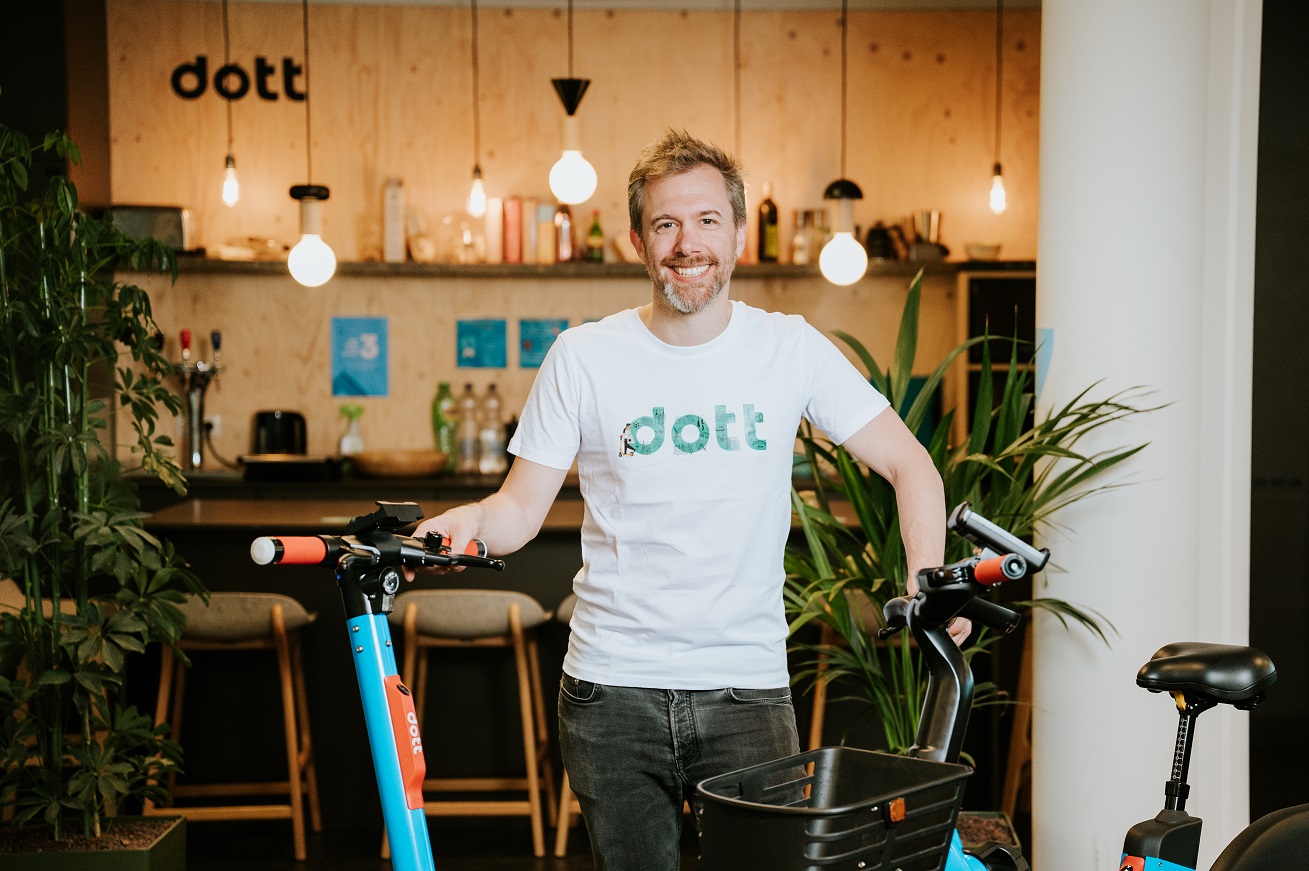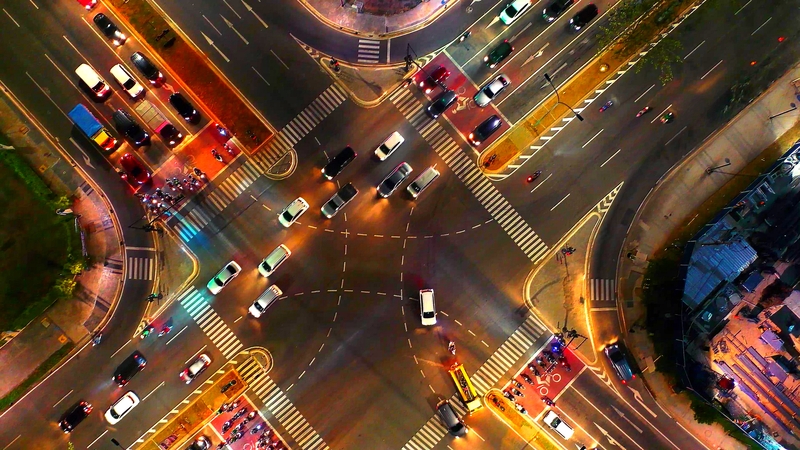
Photo: DOTT
Reducing dependence on cars through public and private collaboration
11 May 2023
Clean transport solutions are needed to reduce the high levels of pollution and congestion in cities, caused by continued reliance on private fuel powered cars and motorbikes. And this need is only increasing, with 80 percent of the world’s population expected to be living in cities by 2050, compared to 55 percent now.
Shared micromobility reduces congestion and pollution by providing clean and noise-free transport. But for shared micromobility services to succeed, effective collaboration between public city authorities and private operators is required.
At Dott, we collaborate with cities and are supportive of good regulation to ensure all city residents are respected while serving our users. As such, we have identified three main areas for public and private collaboration which, combined, will ensure the long-term sustainability of shared micromobility services.
City integration
Integration is crucial in ensuring that the service works for the city. We have worked with many of the cities we operate in to adapt our service to the local environment, using slow or no-go zones for example to control use in heavily pedestrian areas.
Public city authorities can complement this by improving infrastructure and using regulation to help micromobility users feel safe. The majority of our users (65 percent) say that better road infrastructure would make riding feel safer, and introducing cycle lanes, reducing car speeds or creating car-free zones can encourage people to take up new, greener methods of transport.
Dott supports allocated parking bays rather than ‘free-floating’ parking in dense urban areas, and we now see correct parking consistently above 95 percent in cities using this model. For the equivalent public space of one parked car, 10-12 shared vehicles can be parked, supporting many more trips in a single day.
Parking spots should be densely placed, connected to public transport, and possibly have proper racks to improve tidiness, allowing riders to find a vehicle quickly and end a ride as close as possible to their final destination.
User behaviour
This can be improved by operators using technology built into shared vehicles. Speed limits, agreed with city authorities, reduce risks of accidents in heavily pedestrian areas. ID checks, introduced in many of our cities, help ensure that all riders are above the legal age. Large wheels, indicator lights and regular safety checks mean that shared e-scooters are some of the safest vehicles on the roads.
Specific local rules, for example prohibiting sidewalk riding or local parking restrictions, are highlighted through our app, tailored to each market and we employ patrollers to correct poorly parked vehicles.
Although operators can offer many technological solutions to reduce risks, ultimately the rider is responsible for complying with driving rules. This is why rider compliance is most improved when rules are also enforced by local police and authorities. Operators can facilitate the work of the local police with the use of registration plates, making it easier for police to sanction misbehaviours.
Commercial viability
This ensures that shared micromobility services can thrive and serve cities for the long term.
In contrast to traditional, heavily subsidised docked bike sharing services, shared micromobility usually comes at no cost to the cities it serves. As such, its profitability and viability is highly dependent on good fleet usage and favourable local regulation.
Many cities have started to charge fees for shared micromobility operators. While we understand and accept the rationale of charging for the commercial usage of public space, such pricing neither takes into account the heavy subsidies allocated for similar services (such as public bike sharing), nor the socio-economic benefits achieved by micromobility (less transport emissions or better accessibility without car ownership).
Inappropriate operating fees reduce the viability of shared micromobility operators to serve cities with affordable rides for everyone, especially in peripheral areas with gaps in the public transport network, where alternative mobility options are much needed.
Targeted micro-subsidies can allow operators to viably establish micromobility services in these lower demand areas. Using the right data, a real understanding of which areas would benefit from targeted support is possible. This is firstly more economical for city authorities, and also creates a balance between public objectives and commercial sustainability.
In this context, Dott has joined the mobility innovation Molière project. Molière’s mission is to build an open mobility data marketplace, the “wikipedia of public transport and new mobility data” which shares accurate mobility data between governments and transport operators. Dott’s role in Molière is to pilot the concept of micro-subsidies using geolocation data. By providing targeted user incentives in specific areas, we will demonstrate that areas with lower incomes or gaps in the existing public transport network benefit from increased connectivity.
A pilot test was launched in Brussels in April 2023, discounting rides in areas with below average household income and less public transport. The pilot is expected to show how micro-subsidy programs (such as €1-2 per ride for trips meeting defined criteria) can benefit the transportation needs of these communities and promote the use of pollution-free micromobility vehicles.
When combining these three focus areas, partnerships between the city authorities, and private shared micromobility companies will optimise the service for users and cities. The suggestions are incorporated into a wider set of recommendations, recently announced between Dott, Lime, Superpedestrian, Tier and Voi, drawing on our collective experience across major cities for the best integration of shared e-bike and e-scooter services
When implemented successfully, it’s possible for communities to benefit from a reliable, efficient, safe and affordable transport solution which helps to remove cars and improve the air quality of our cities.
Continuous innovation such as the micro-incentives developed under the Molière project will support European cities to achieve that.









